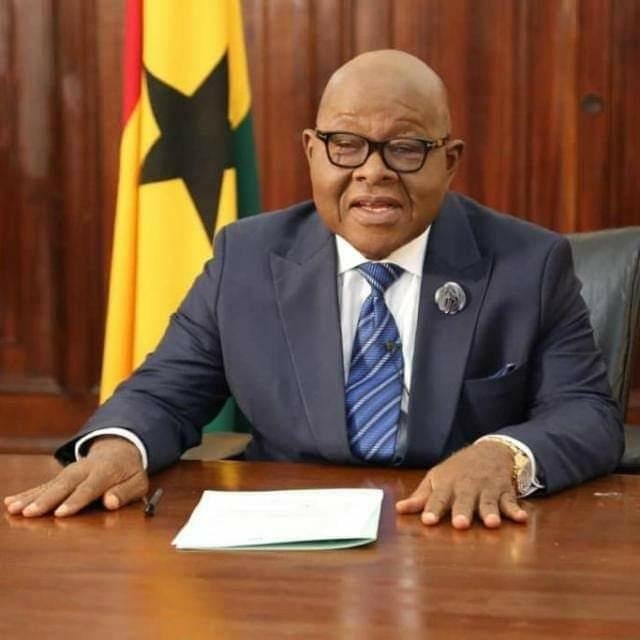The New Patriotic Party’s (NPP) decision to conceal the findings of the Prof. Mike Oquaye-led committee report, which investigated the party’s 2024 election defeat, has sparked considerable debate and concern. Dr. Jonathan Asante Okyere, a political science lecturer at the University of Cape Coast, has publicly questioned the party’s secrecy, suggesting that it may be a deliberate attempt to shield influential figures within the NPP whose actions potentially contributed to the electoral loss. This lack of transparency, he argues, not only stifles open discussion and much-needed introspection within the party but also undermines the NPP’s efforts to rebuild and regain public trust. The suppression of internal dissent and the protection of established power structures, facilitated by the report’s confidentiality, could impede meaningful reform and hinder the party’s ability to learn from its mistakes.
Dr. Okyere’s critique centers on the NPP’s directive prohibiting party members from publicly discussing the report’s contents. This gag order, he contends, prevents a healthy and necessary debate about the factors that led to the party’s defeat. By silencing its members, the NPP leadership is missing a crucial opportunity to engage in a collective analysis of the election outcome and to foster a sense of shared responsibility for the loss. This approach, according to Dr. Okyere, risks alienating party members and creating an environment of mistrust and suspicion. Open dialogue and critical self-assessment are essential for any political party seeking to recover from an electoral setback and to chart a new course forward.
While acknowledging the NPP’s right to control the dissemination of the report, Dr. Okyere emphasizes the importance of at least partial disclosure. He argues that releasing key findings, even in a summarized form, would demonstrate a commitment to transparency and accountability. Such a move would signal to both party members and the wider public that the NPP is genuinely interested in understanding the reasons behind its defeat and in taking corrective measures. Furthermore, public engagement with the report’s findings could generate valuable insights and perspectives, contributing to a more comprehensive and informed understanding of the challenges facing the party.
The secrecy surrounding the report, Dr. Okyere warns, has created a breeding ground for speculation and conspiracy theories. The lack of information has fueled suspicions that the party leadership is more concerned with protecting its own image and maintaining the status quo than with addressing the root causes of the electoral defeat. This perception of a cover-up could further damage the NPP’s credibility and erode public confidence in the party’s commitment to reform. By refusing to engage in open and honest dialogue about the election outcome, the NPP risks exacerbating internal divisions and further alienating potential supporters.
The continued silence from the NPP leadership, coupled with the gag order on party members, reinforces the concern that entrenched figures within the party are using the report’s confidentiality to shield themselves from scrutiny. This protection of established power structures could effectively prevent any meaningful change within the party and hinder its ability to adapt to the evolving political landscape. If the NPP is genuinely committed to rebuilding and regaining public trust, it must embrace transparency and accountability, starting with a willingness to openly discuss the findings of the Prof. Mike Oquaye-led committee report.
Ultimately, the NPP’s decision to keep the report confidential raises fundamental questions about the party’s commitment to internal democracy and its willingness to engage in genuine self-reflection. The suppression of dissent and the protection of influential figures, as exemplified by the handling of the report, could have long-term negative consequences for the party’s future. By choosing secrecy over transparency, the NPP risks repeating the mistakes that led to its 2024 electoral defeat and further jeopardizing its prospects for future success. The party must recognize that open dialogue, accountability, and a willingness to embrace change are essential for rebuilding trust and regaining the support of the electorate.














